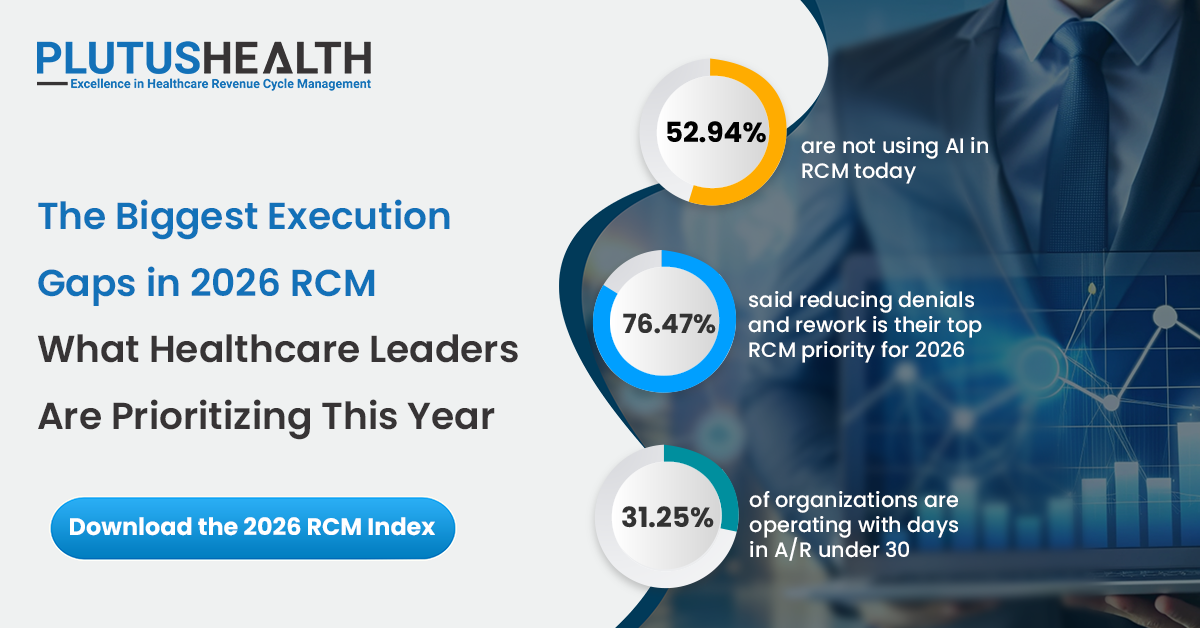7 medical coding trends that will impact healthcare RCM in 2022 and beyond
Recent strains on healthcare sectors revealed cracks, signaling the need for workflow reassessment. Critically, coding procedures that were once common are now considered obsolete.
Medical practices have revamped their standards to withstand a high level of pressure. The more drastic of these changes will doubtless affect RCM for the foreseeable future.
Here are the coding trends that will impact healthcare RCM in 2022 and beyond.
Coding Automation Adoption
Humans are famous for consistently taking the path of least resistance. While this approach is often functional, it has unfortunately stalled significant development in healthcare. Many practices have relied on inefficient human workers to cobble together service claims.
Under some circumstances, this approach is adequate. However, this mediocrity has kept practices from adopting much more efficient automated systems. These systems can consistently match codes to services faster than the best human worker. Providers are increasingly recognizing automation’s value and are implementing coding software accordingly.
Medical Labor Shortage
Recently, the healthcare sector has suffered severe labor shortages. This deficiency is making many practices scramble to fill roles. Unfortunately, a low supply is reducing the standards for coders. Many newcomers are ill-equipped to handle the pressures of such a demanding job.
Coding Apprenticeship Programs
Providers have recognized the lack of experience in newly integrated workers. To combat this problem, many are investing in apprenticeship programs. These programs merge studying sessions with intensive on-the-job training.
Higher Training
Adopting highly productive automated systems may seem like an excuse to reduce staff training. However, complex billing and coding software require more expertise to oversee. These intricate systems have many moving parts their users must track.
Increased Workflow Standards
Fewer workers mean practices can no longer solve problems by hurling bodies at them. Strategy is more crucial than ever. As such, intelligent providers are investing in more advanced workflows than previously.
To increase specialization, practices segment coders into well-defined categories. Many workers have areas they exclusively manage. This setup allows overseers to hold staff individually responsible for successes or failures.
Reviewing Coding Productivity
Higher standards only work if overseers can review staff productivity. So, internal audits are increasingly standard procedures. Audits provide staff with a clear understanding of what habits consistently produce positive results.
Some practices are turning toward professional companies to analyze their workflow efficiency. With these metrics, planners can more easily form a long-term map toward improvement.
Professional Healthcare RCM Services
The requirements of higher worker standards and more automation are proving too demanding for many practices. So, providers are increasingly turning to professional billing and coding companies. Because of their advanced infrastructure, these organizations are better equipped to tackle RCM.
Plutus Health uses its position as a top medical billing company to innovate RCM. Consistently, our team has boosted practices’ income flow at cost-efficient rates. We’ve proven to our customers that our experts protect their financial security. Visit our website to see the potential improvements specialization can offer your RCM.
Key Takeaways
1. Increased automation provides a stable coding cornerstone.
2. Shortages of labor reduce the talent pool.
3. Providers are investing in apprenticeship programs.
4. Staff training is becoming increasingly extensive.
5. Higher standards require more complex workflows.
6. Data analysis is becoming a regular procedure rather than an anomaly.
7. Professional services are increasing in value.


.png)



















































